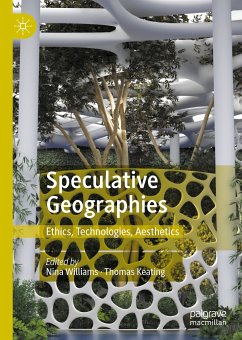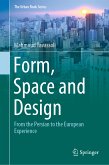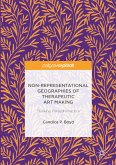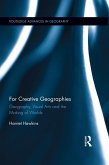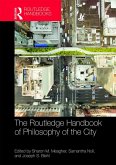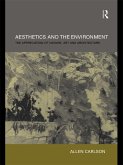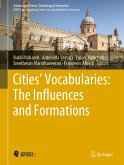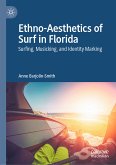Posing the question of how speculation could inform geography, this collection responds with a pluralistic and expansive range of proposals that include terraformation, heterotopias, speculative dispositions, speculative reproduction, nuclear remains, neorural futures, dust, soil and bodies. A fascinating read that contributes key insights to speculative theory and practice.
--Professor Jennifer Gabrys, University of Cambridge
This book brings together diverse practices of speculative thinking that reimagine how we relate to our entangled social, mental, and environmental ecologies. It examines how speculative philosophies and concepts are changing geographical research methods and techniques, whilst also developing how speculative thinking transforms the way human, non-human, and more-than-human things are conceptualised in research practices across the social sciences, arts, and humanities. Offering the first dedicated compendium of geographical engagements with speculation and speculative thinking, the chapters in this edited collection advance debates about how affective, imperceptible, and infrasensible qualities of environments might be written about through alternative registers and ontologies of experience. Organised around the themes of Ethics, Technologies, and Aesthetics, the book will appeal to those engaging with architecture, Black political theory, fiction, cinema, children's geographies, biotechnologies, philosophy, rural studies, arts practice, and nuclear waste studies as speculative research practices appropriate for addressing contemporary ecological problems.
Chapters 1, 3 and 4 are available open access under a Creative Commons Attribution 4.0 International License via link.springer.com.
Nina Williams is Lecturer in Cultural Geography at the University of New South Wales Canberra. Her research explores conceptual innovations in the fields of nonrepresentational theory, process philosophy, speculative thinking and post-humanism. In an effort to bring theory into close relationship with practice, a central pursuit of Nina's research is to foreground the role of aesthetics and creative processes as unique means for interrogating social and cultural life.
Thomas Keating is a researcher in Technology and Social Change at Linköping University, Sweden. Thomas' research engages with problems posed by human-technology relationships. He has published on Gilbert Simondon (Cultural Geographies), post-humanism (Transactions of the Institute of British Geographers), and speculative empiricism with Didier Debaise (Theory, Culture & Society).
Dieser Download kann aus rechtlichen Gründen nur mit Rechnungsadresse in A, B, BG, CY, CZ, D, DK, EW, E, FIN, F, GR, HR, H, IRL, I, LT, L, LR, M, NL, PL, P, R, S, SLO, SK ausgeliefert werden.

